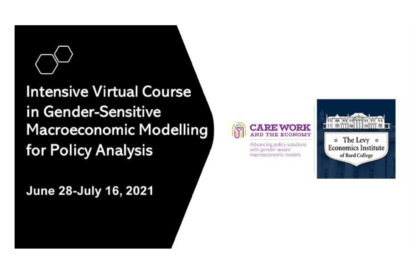
Last month, the Care Work and the Economy project partnered with the Levy Economics Institute at Bard College to host a three-week Intensive Course in Gender-Sensitive Macroeconomic Modelling taught in three time zones. The course aimed to engage our internationally diverse pool of Fellows to enhance capacity building in research and teaching of gender-sensitive economic analysis, focusing on care and macroeconomic policy aspects.
The course was built on four pillars:
1. Understanding and measuring the care economy
2. Adapting social accounting matrices to account for paid and unpaid care activities.
3. The use of information from time-use surveys on unpaid care activities with other relevant sources and information such as national income accounts, labor force surveys, and household or special surveys
4. Performing policy-relevant economic analyses that take systematic account of the interlinkages between care, macroeconomic processes, and distribution.
With 72 Fellows from 22 countries, including Colombia, Ghana, Mexico, Mongolia (to name a few), discussions around course material were perspective-rich and interdisciplinary. Reflecting on the course, many Fellows expressed the desire to integrate the teachings of the intensive course into their research agendas or current positions:
“I am delighted [to be a part of] a fantastic cohort and faculty who want to, and actually do, think critically about [macroeconomic] modelling in a gender-aware or feminist context…I am excited about the possibility of applying what I have learned to Cuban and Latin American contexts, [and] I would like to delve deeper into the Levy Micro-Macro model to analyze gender differences [in] the Ecuadorian context using time-use data.” — Anamary Maqueira Linares, Ph.D. student at University of Massachusetts, Amherst from Ecuador
“Inspired by Professor Folbre’s [lecture], I would like to conduct research using updated time-use surveys (such as the Mexican case)…I would like to explore the differences between time-use patterns in rural areas versus urban ones in Mexico and compare data from 2014 to the recent time-use survey in 2019. I am also organizing a workshop with the Mexican Statistics Agency [to explore] how the Mexican database was built (contrasted with other countries’ surveys) and promote its use among Mexican graduate students and policymakers.” — Dulce Guevara Lopez, consultant at the Mexican Centre for Innovation in Solar Energy
“It was interesting to learn how care and social reproduction interact with gender inequality in the labour market to determine economic growth/development. I think that [this would be] a good research perspective in the African context to see how household commodities and care-time interact with the gender segmented labour market to determine economic growth.” — Dr. Mamaye Thiongane, research associate at the Regional Consortium for Research in Generational Economy (CREG) and lecturer in economics at the Public Economics Laboratory (LEP)
“The discussions around the care diamond gave me a framework to think through the situation of community health workers in India. I plan to apply the Levy model and the care dependency ratio to the time-use survey for India. The course also helped me gather feminist insights to incorporate into the macro course that I teach at university.” — Dr. Anjana Thampi, assistant professor of economics at O. P. Jindal Global University, India
“The course was a fantastic deep-dive into the theory and practice of [macroeconomic] modelling for care, and sparked new ideas for my Ph.D. research. At a time when distances feel huge, the conversations and connections with lecturers and colleagues created a sense of closeness; something I will treasure this summer.” — Maria Sandoval Guzman, Ph.D. candidate in Economics at Curtin University in Australia, and scholar at the Bankwest Curtin Economics Centre and the Women in Social Economic Research Cluster
This course has strengthened the network of researchers around the world dedicated to gender equality and proper care valuation; thank you to all Fellows, Instructors, and Facilitators for their contributions. To learn more about the course, instructors, and Fellows, click here.
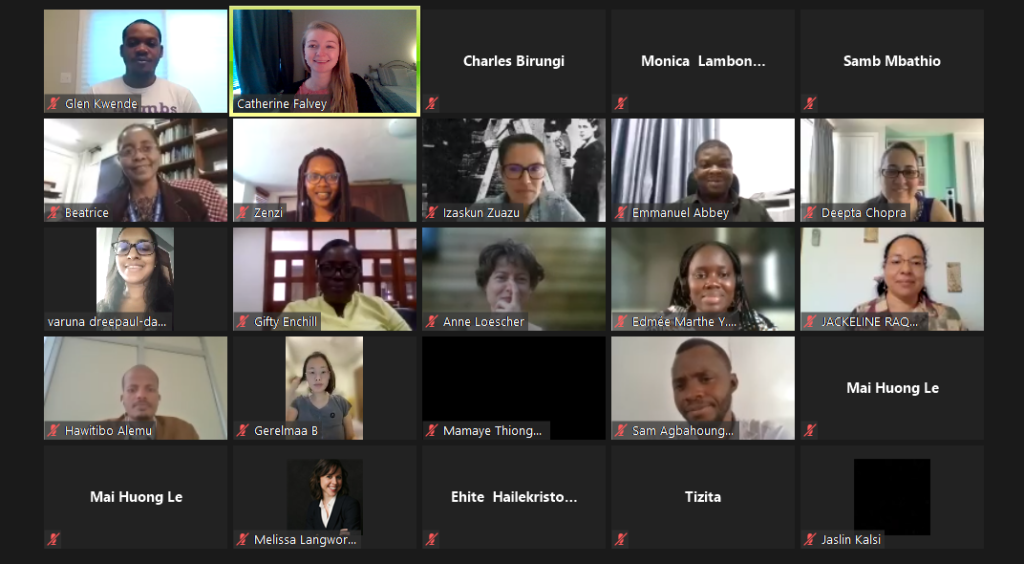
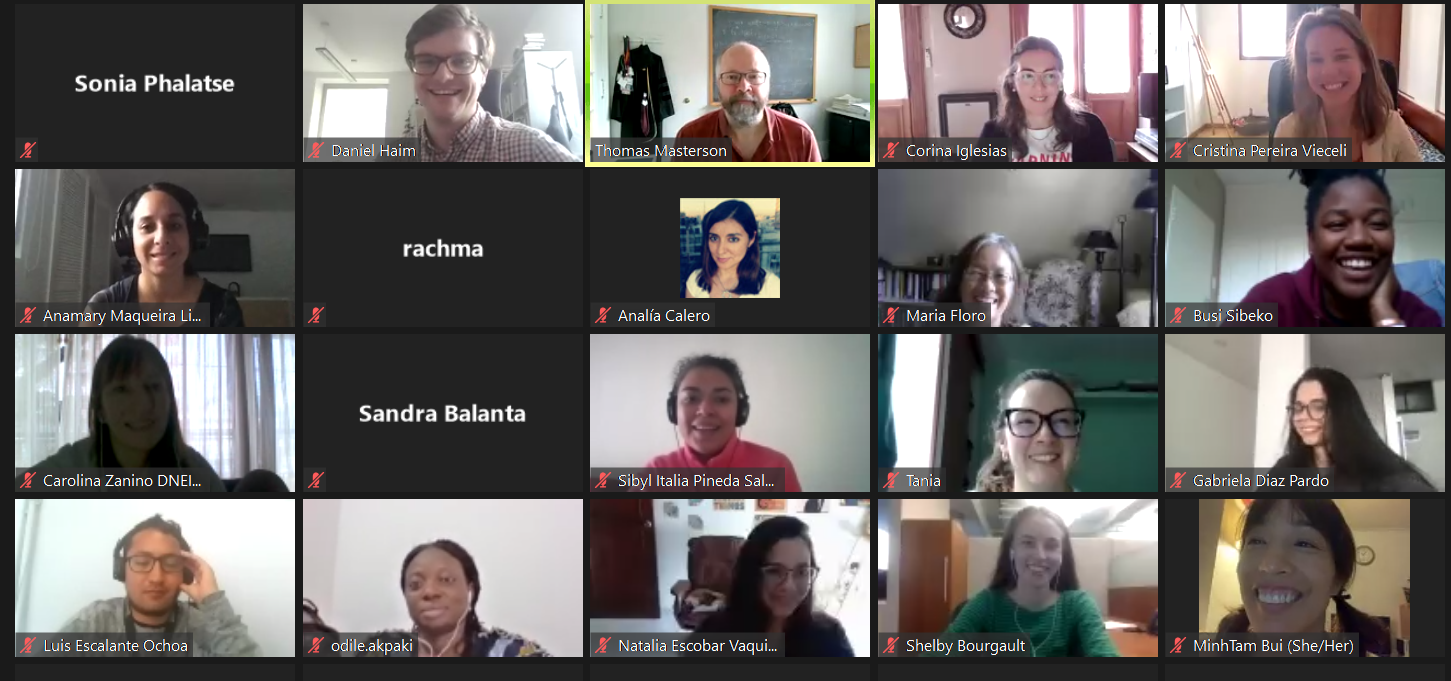
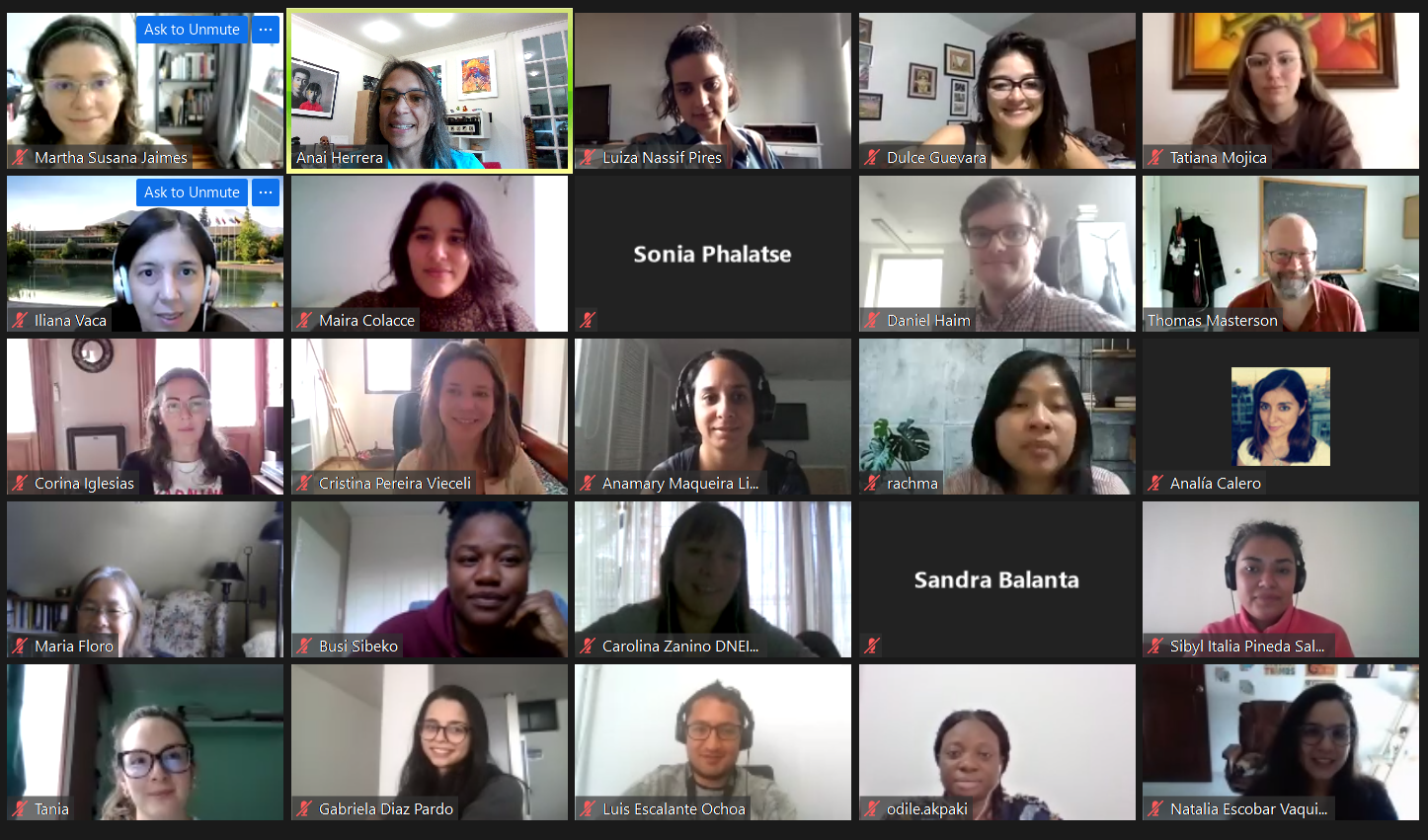
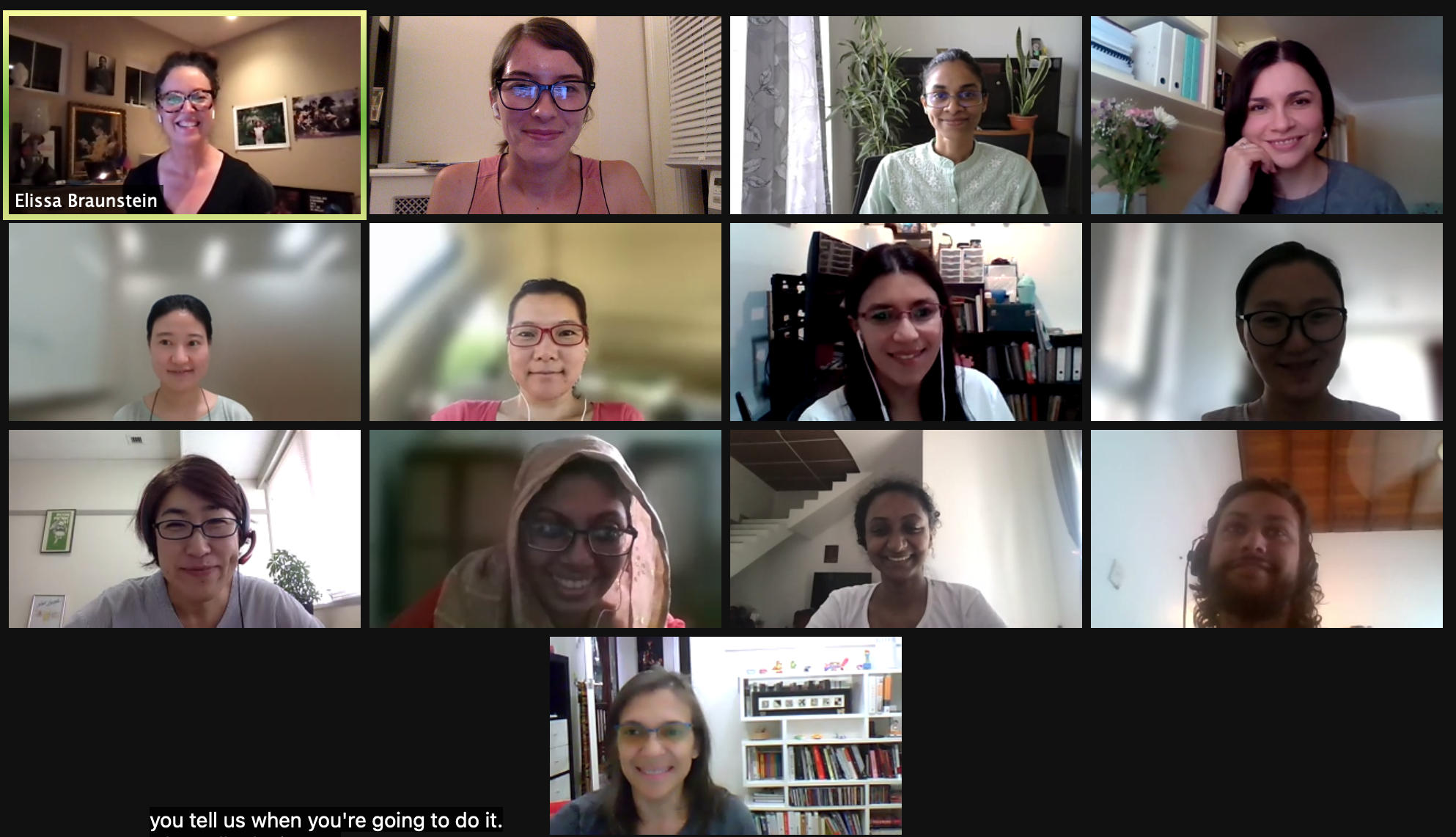
This blog was written by Lucie Prewitt, research and communications assistant for the Care Work and the Economy Project.
